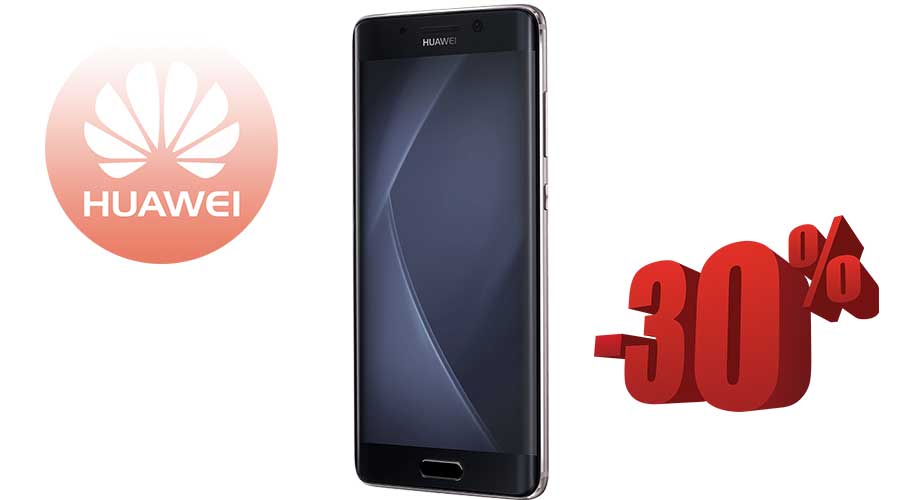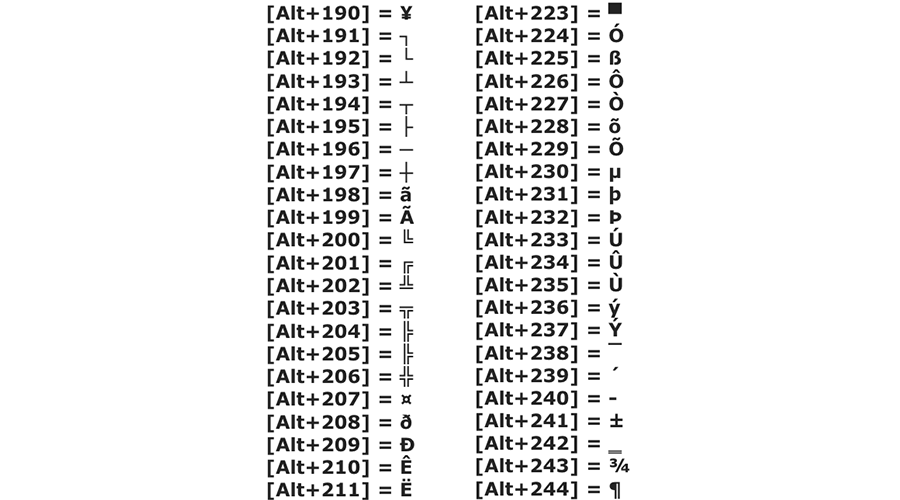
Huawei's smartphone revenue could drop from $30 billion to $40 billion by 2021
China's Huawei Technologies will see revenue from its smartphone business fall by at least $30 billion to $40 billion in 2021, with new growth streams unlikely to make up the shortfall in the next few years, said chairman Eric Xu.
While the firm "has gotten used to the U.S. sanctions" imposed on it since 2019, its new 5G-related business areas can't make up for losses in the phone business, Xu, who is rotating chairman this year, said at a news conference in Beijing on Friday.
Former U.S. President Donald Trump placed Huawei on an export blacklist in 2019 and barred it from accessing critical U.S.-origin technologies, hampering its ability to design its own chips and source components from outside suppliers.
The sanctions have particularly affected Huawei's smartphone business.
Once briefly the world's largest smartphone vendor, Huawei dropped out of the top five Chinese vendors in the second quarter for the first time in more than seven years, according to research firm Canalys.
Smartphones still brought in about $50 billion in revenue last year, according to Xu. Huawei recorded the largest revenue decline in its history in the first half of 2021, generating 320.4 billion yuan. ($49.57 billion)
Xu said his "greatest hope" for the company is that it will still exist in five to 10 years.
China's efforts to develop its semiconductor industry have shown "quite encouraging results," Xu said, but addressing Huawei's supply chain challenges will take a long time.
New areas of growth
The Biden administration has been reluctant to ease the pressure on Huawei so far, with U.S. Commerce Secretary Gina Raimondo saying she would take further action against the company if necessary.
The company has been looking for new areas of growth such as 5G and AI-based infrastructure upgrades in airports and mines. China will be a global leader in the application of 5G technology in the coming years, Xu said.
The company is also exploring investments in areas that have nothing to do with the chip supply chain, Xu said.
It was reported in August that the Tianjin State Assets Supervision and Administration Commission (SASAC), which oversees local government-backed enterprises, has asked municipally controlled companies to migrate their data from private sector operators to a state-backed cloud system by next year.
Asked about the establishment of a Chinese state cloud and how the Tianjin SASAC plan would affect Huawei, Xu said Huawei was reviewing its position as a potential service provider.
He also emphasized that this initiative did not come from the state or local government of Tianjin, without giving further details.
He added that he thought the idea of setting up a separate cloud infrastructure would likely have come about because existing cloud service providers are not doing a good enough job of assuring users that they can place their data on their systems.
Source: developpez.com






